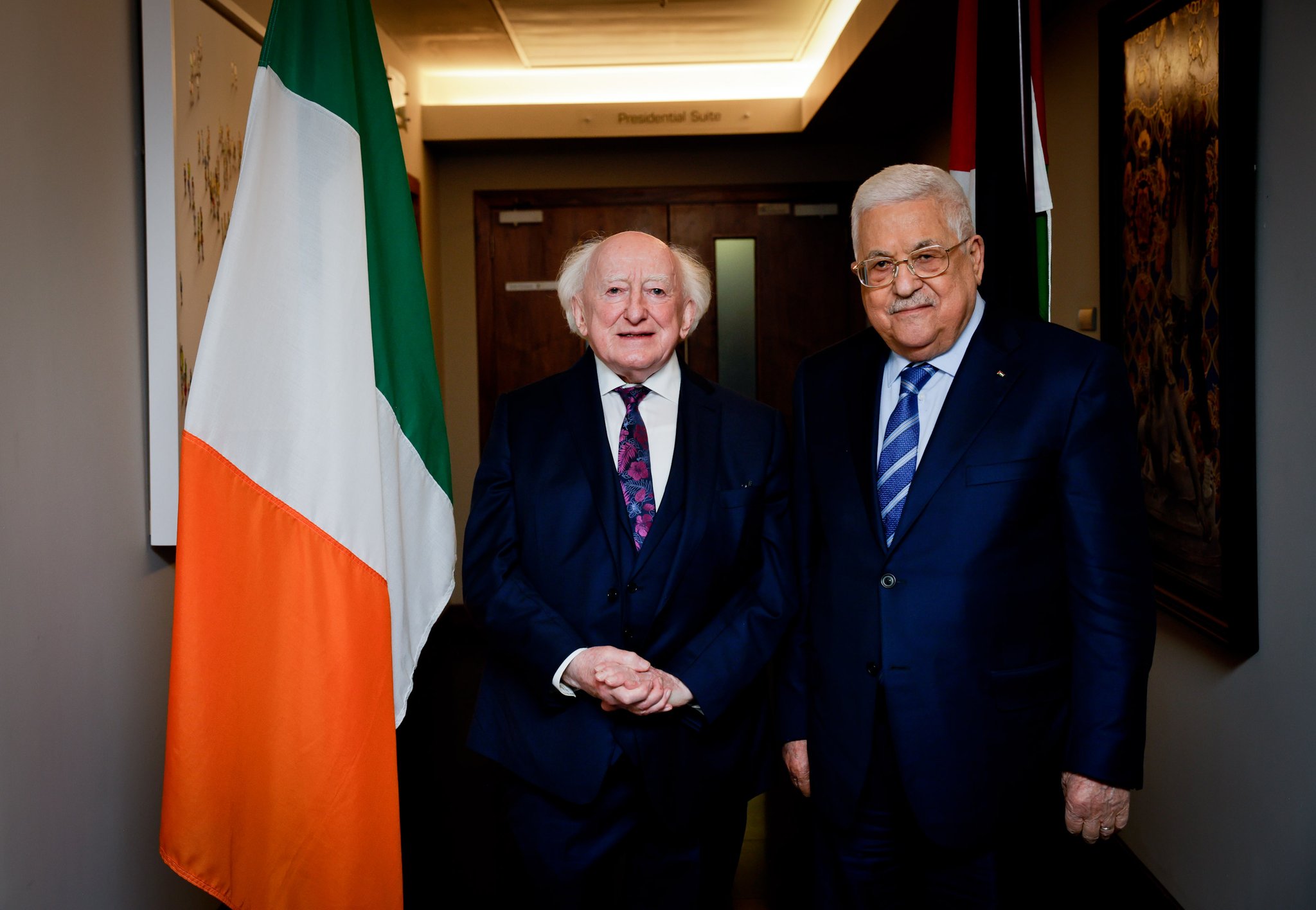By Yanki Farber
Jewish leaders in Ireland participated yesterday in a Foreign Affairs Committee discussion in the Irish Parliament regarding the “Occupied Territories Bill,” which would prohibit the import of goods from East Jerusalem and Israeli settlements in the West Bank.
U.S. Ambassador to Israel Mike Huckabee criticized the bill, tweeting:
“Have the Irish fallen into a barrel of Guinness and proposed something so stupid it could be blamed on diplomatic drunkenness? This will hurt Arabs just as much as Israelis. Wake up, Ireland! Call the Israeli Foreign Ministry and apologize.”
Alan Shatter, former Irish Minister for Justice and a representative of the Irish-Israeli Alliance, strongly opposed the bill, claiming it “echoes legislation drafted during the Nazi era in the 1930s.”
Maurice Cohen, Chairman of the Jewish Council of Ireland, also warned that the bill, whether intentionally or not, sends “an anti-Jewish message.”
“This is not diplomacy. This is not strategy. This is politics masquerading as principle. And in this theater, we are not helping Palestinians—we are only congratulating ourselves,” Cohen told the committee.
Ireland’s Chief Rabbi, Rabbi Yoni Wieder, also addressed the proposed law:
“Like nearly everything else to come out of the parliament in response to the war in Gaza, this bill is focused solely against Israel and makes no reference to Hamas or Iran in relation to the crimes they commit.”
“They claim the bill will help move things toward a two-state solution. But how can they really believe that?” the rabbi questioned.
He added: “Instead of focusing only on Israel all the time, why doesn’t Ireland take equal steps to pressure Hamas to lay down its arms and condemn its commitment to the destruction of Israel and the murder of Jews?”
Rabbi Wieder told B’Chadrei Chareidim:
“If Ireland were truly concerned about the humanitarian situation, as claimed in the committee, it would also try to apply pressure on Hamas to make a deal to return the hostages. It would speak out against Iran and against the jihadist terrorists’ intent to destroy Israel.”
He continued:
“There seems to be a political consensus among all parties to support this bill. If it doesn’t pass, I think it will be out of fear of potential economic damage to Ireland’s economy. And even then, it seems most politicians are willing to overlook that in order to further defame Israel.”
The rabbi emphasized that criticism of Israel is not inherently antisemitic:
“But it can become antisemitic when antisemitic stereotypes are used, when baseless accusations are made, or when double standards are applied to Israel. These lines have been crossed repeatedly in Irish public discourse over the past 18 months, and this bill is just the latest example.”
U.S. Republican Senator Lindsey Graham also responded to the proposed law:
“I hope Ireland reconsiders its efforts to economically isolate Israel as it fights for its survival. I don’t believe such efforts will be well received in the United States, and we will not ignore them.”
The American Jewish Committee, the Anti-Defamation League, and the Conference of Presidents of Major American Jewish Organizations also issued statements condemning the bill. They warned that it “could pose significant risks to American companies doing business in Israel and fuel growing antisemitic and anti-Zionist sentiment in Ireland and beyond,” adding that “the bill undermines the chances of a negotiated two-state solution by trying to unilaterally predetermine the final status of disputed territories.”
The debate comes amid increasing tensions between Dublin and Jerusalem. In December 2024, Israel closed its embassy in Dublin after the Irish government announced it would unilaterally recognize a Palestinian state and passed a non-binding resolution declaring that “genocide” was being carried out by Israel in Gaza.







